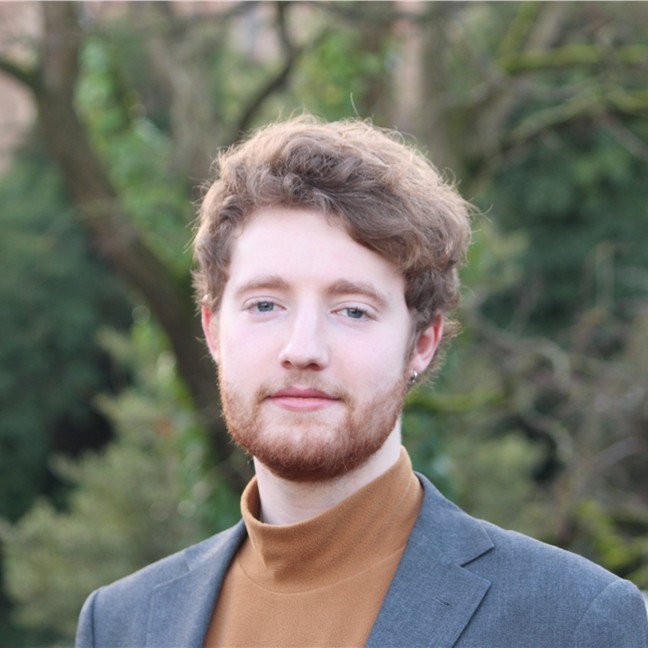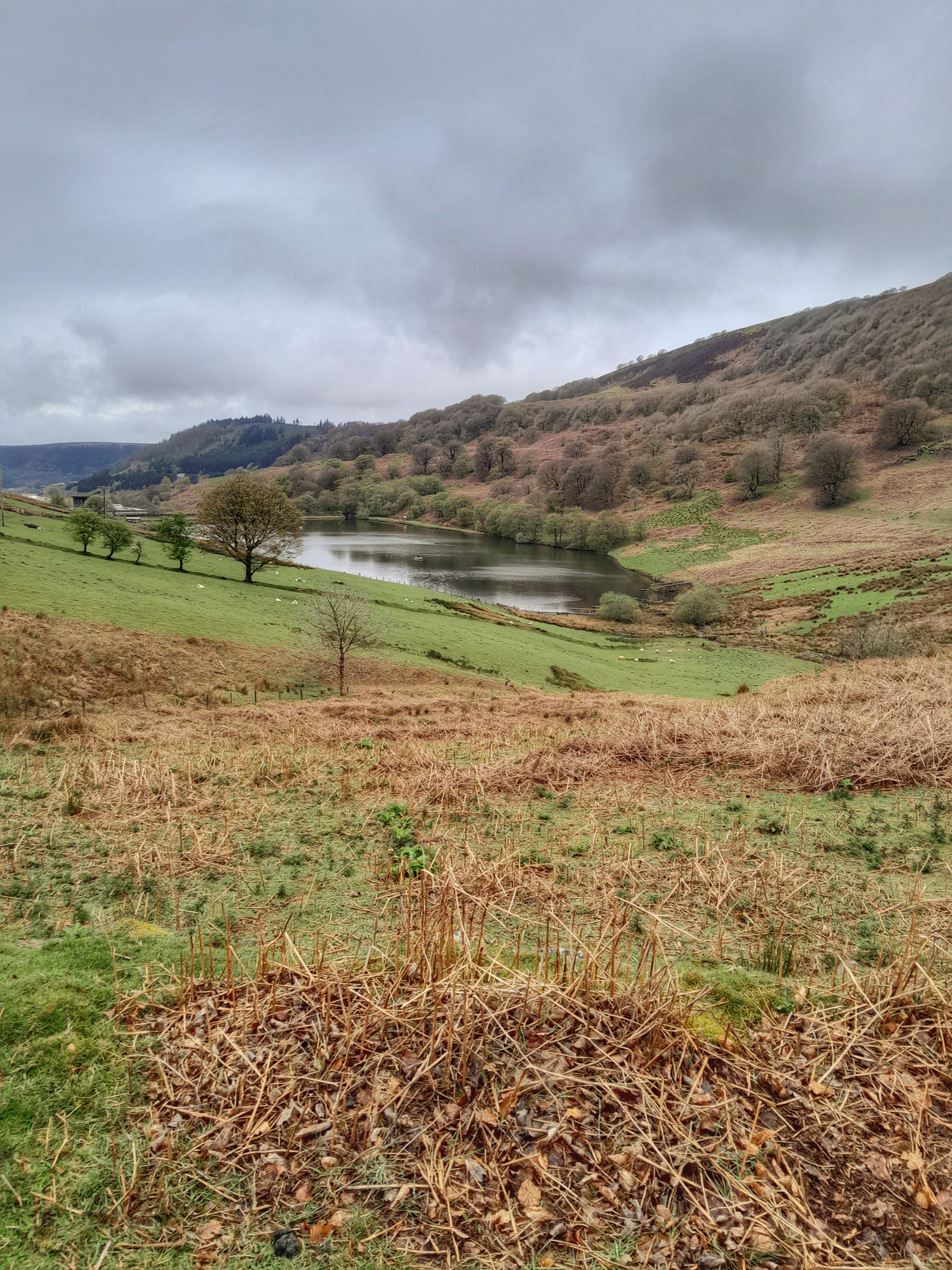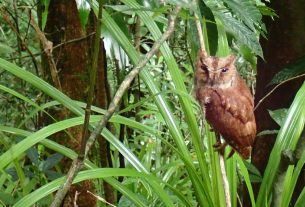In this new series, The Applied Ecologist is amplifying the staff and student voices from the University of Surrey’s Centre for Environment and Sustainability to showcase their diverse, interdisciplinary body of work and to help inspire the next generation.
In this post, we share research by Laurence Cummins.
Meet Laurence Cummins

Laurence Cummins is a Doctoral Practitioner in Sustainability at the University of Surrey and Sustainability Manager at construction giant Wates Group.
He is author of the paper “Biodiversity Net Gain — understanding the opportunities and challenges ahead” in Town and Country Planning.
What are you working on right now?
I’m currently working on my doctoral research project which is investigating the recently implemented biodiversity net gain (BNG) legislation in England. I’m working with (and now for) Wates Group, a major UK construction, development, and property services company, to diagnose the key blockers within the built environment sector to reducing or reversing damage to biodiversity. I am looking to understand these in terms of policy gaps, and assess the extent to which BNG addresses these gaps going forwards.
Who in the Centre are you working with? What stakeholders do you work with?
Within the Centre for Environment and Sustainability, I am supervised by Prof Richard Murphy and Ian Christie. At Wates, I am supervised by Head of Environment, Martin Ballard. Since early 2020, I have been on placement at Wates within their sustainability team, and have been in a permanent position there as Sustainability Manager since October 2023. My research uses ethnographic methods, and has involved in-depth interviews with a wide variety of professionals across the built environment sector, environmental services industry, and political institutions.

Why is this project important?
I think this kind of project is really important because it focuses on offering a really rich and varied account of how and why policies may succeed or fail to deliver their intended outcomes, based on people’s experiences and practices across a range of relevant sectors. In the case of BNG, taking this approach has helped me identify a number of issues within the built environment sector and planning system which are simply not addressed (or inadequately so) by the legislation.
It’s hard to summarize a PhD thesis in so few words, but I would say the key message would be: Complex issues like nature recovery and urban greening don’t have simple solutions. We need smart policy mixes that target a range of different outcomes and activities across multiple scales. We also need to reconfigure and strengthen our institutions to be able to robustly govern these policies in practice.
What are the future implications of your research project?
Taking a ground-up qualitative approach to my research has allowed me to identify quite a few different areas in which future research will be crucial. I would say it certainly raises questions about more market-based or market-led approaches to environmental regulation, and how efficient these actually are in practice. It also highlights the crucial role that land-use planning can and will play in determining environmental outcomes in the UK, and the need to consider how this system is structured and supported going forwards.

Perhaps most interestingly though, it points to wider issues with the way that the real estate and built environment sectors have developed in the UK – in particular how economic pressures have driven fragmentation and risk-averseness that are antithetical to the ideas of long-term stewardship of nature and sustainable placemaking.
For more information about Laurence’s here.
And discover more posts from the Centre for Environment and Sustainability blog series.

